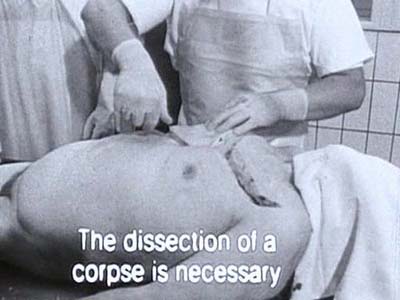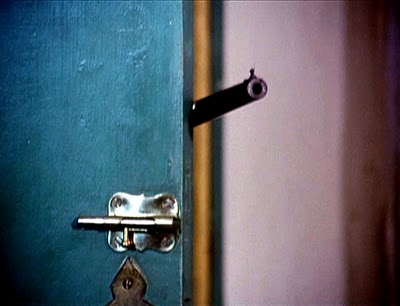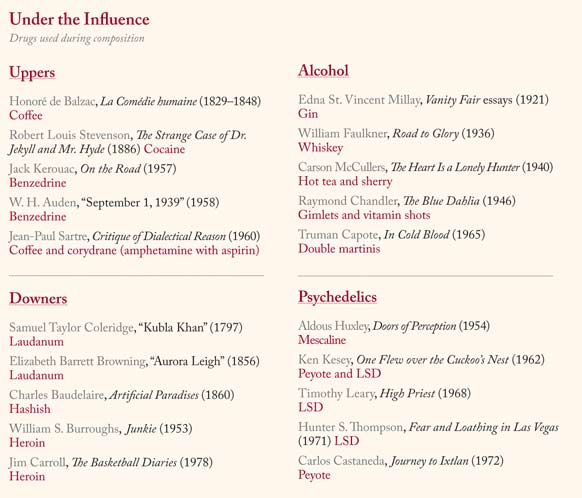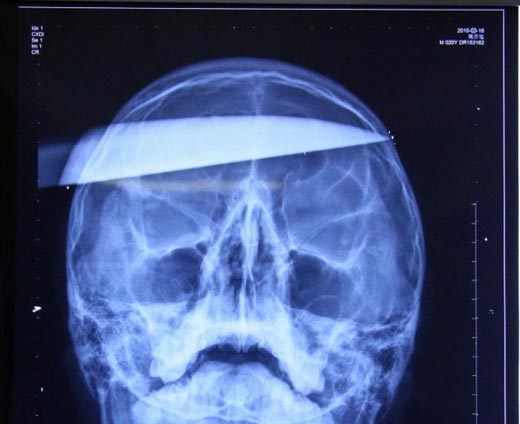‘What we do not make conscious emerges later as fate.’ –Carl Jung

From birth, we spend a third of our lives asleep. After decades of research, we’re still not sure why. (…)
If we don’t know why we can’t sleep, it’s in part because we don’t really know why we need to sleep in the first place. We know we miss it if we don’t have it. And we know that no matter how much we try to resist it, sleep conquers us in the end. We know that seven to nine hours after giving in to sleep, most of us are ready to get up again, and 15 to 17 hours after that we are tired once more. We have known for 50 years that we divide our slumber between periods of deep-wave sleep and what is called rapid eye movement (REM) sleep, when the brain is as active as when we’re awake, but our voluntary muscles are paralyzed. We know that all mammals and birds sleep. A dolphin sleeps with half its brain awake so it can remain aware of its underwater environment. When mallard ducks sleep in a line, the two outermost birds are able to keep half of their brains alert and one eye open to guard against predators. Fish, reptiles, and insects all experience some kind of repose too.
All this downtime comes at a price. An animal must lie still for a great stretch of time, during which it is easy prey for predators. What can possibly be the payback for such risk? “If sleep doesn’t serve an absolutely vital function,” the renowned sleep researcher Allan Rechtschaffen once said, “it is the greatest mistake evolution ever made.”
The predominant theory of sleep is that the brain demands it. This idea derives in part from common sense—whose head doesn’t feel clearer after a good night’s sleep? But the trick is to confirm this assumption with real data. How does sleeping help the brain? The answer may depend on what kind of sleep you are talking about. Recently, researchers at Harvard led by Robert Stickgold tested undergraduates on various aptitude tests, allowed them to nap, then tested them again. They found that those who had engaged in REM sleep subsequently performed better in pattern recognition tasks, such as grammar, while those who slept deeply were better at memorization. Other researchers have found that the sleeping brain appears to repeat a pattern of neuron firing that occurred while the subject was recently awake, as if in sleep the brain were trying to commit to long-term memory what it had learned that day.
Such studies suggest that memory consolidation may be one function of sleep. Giulio Tononi, a noted sleep researcher at the University of Wisconsin, Madison, published an interesting twist on this theory a few years ago: His study showed that the sleeping brain seems to weed out redundant or unnecessary synapses or connections. So the purpose of sleep may be to help us remember what’s important, by letting us forget what’s not.
related { Fatal familial insomnia | Thanks Anthony! }





















